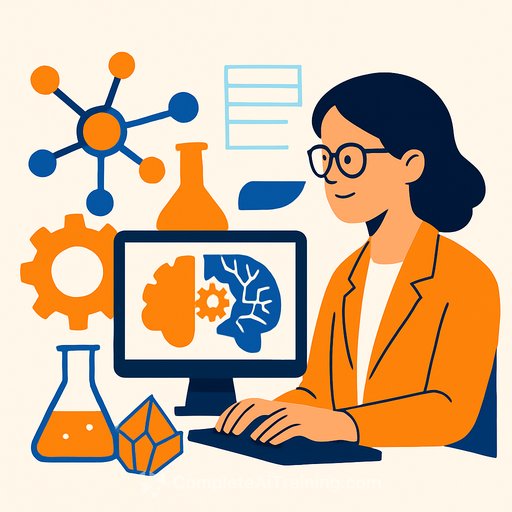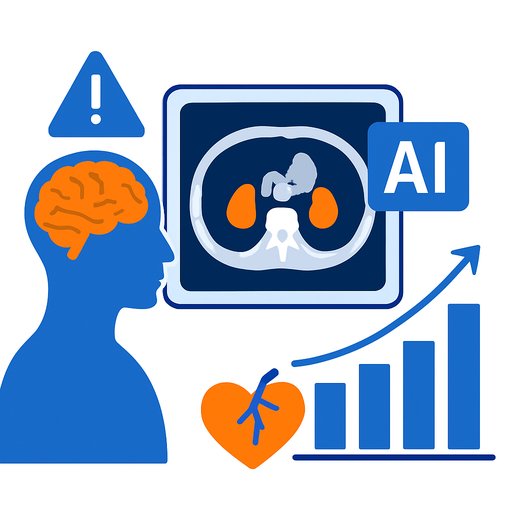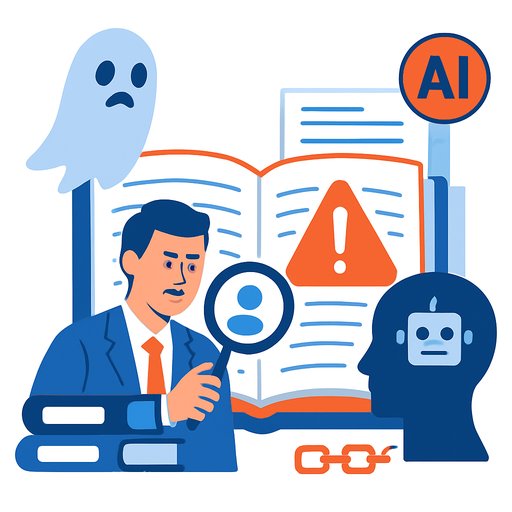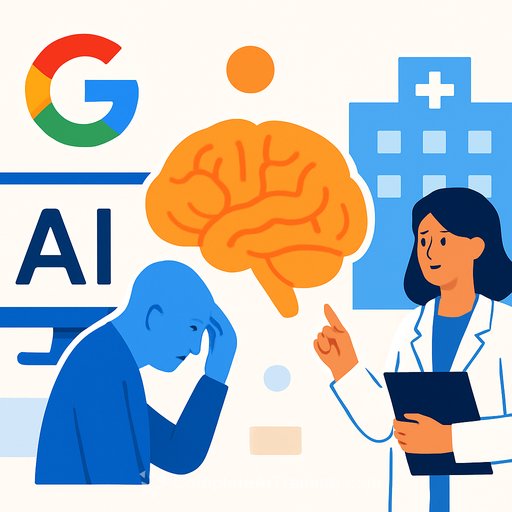Professor Leslie Schoop to Lead New NSF AI Materials Institute
Professor Leslie Schoop, an expert in quantum chemistry and topological materials, will take on a leadership role in the newly established National Science Foundation Artificial Intelligence Materials Institute (NSF AI-MI) set to launch this fall at Cornell University. This initiative represents a significant federal investment in leveraging AI to advance materials discovery.
Schoop, who is also associated with the Princeton Materials Institute and directs the Princeton Center for Complex Materials, will serve as a co-principal investigator and contribute her expertise in inorganic materials and next-generation superconductors.
Accelerating Materials Discovery with AI
The NSF AI-MI is funded with $20 million and aims to accelerate the discovery of materials critical for energy, sustainability, and quantum technologies. The Institute focuses on integrating AI advancements with comprehensive materials data to overcome current limitations in AI-driven predictions.
Schoop emphasized the importance of involving materials experts in this process. She pointed out that previous AI efforts in materials science often lacked consultation with domain specialists, leading to predictions that made little chemical sense.
“I’m excited that people who understand materials are part of this group. It tells me that they’re really serious about doing this right,” said Schoop. “This is a way we can try to build something together. I have found a crowd of people who want to work with materials scientists to do this in a way that’s going to be very useful for the community.”
A Collaborative Effort Across Institutions and Industry
The Institute brings together scientists, materials researchers, and data scientists from Cornell, Princeton, City College of New York, and Boston University, in partnership with Intel. Cornell Provost Kavita Bala highlighted the potential for AI and materials research to accelerate discoveries in areas like quantum computing and sustainable energy.
Brian Stone, acting NSF director, noted the broader impact of such initiatives on workforce development and U.S. technological competitiveness.
Focus Areas: From Superconductors to Environmental Solutions
NSF AI-MI will support projects including the discovery of two-dimensional moiré structures for quantum bits, the design of new superconductors, molecular development for microplastic removal, and optimization of experimental data for self-driving labs.
Schoop will focus primarily on inorganic materials, guiding the development of actionable materials for next-generation superconductors. She aims to bridge AI predictions with chemical intuition to ensure proposed materials are feasible and meaningful.
“Many AI-generated predictions for new materials don’t make chemical sense. We want to understand when a material might be superconducting and when it’s not. When the algorithm outputs candidates, I can evaluate them based on empirical chemical knowledge,” Schoop explained.
“The goal is to identify materials that can be synthesized and tested experimentally. This feedback loop can refine the AI process, prioritizing materials that are practical to grow.”
Training the Next Generation
Schoop plans to involve her graduate students and postdoctoral researchers in the Institute’s activities. She acknowledges AI’s growing role in scientific research and wants her team to gain hands-on experience with these evolving tools.
Since 2020, NSF has funded multiple National AI Research Institutes across various disciplines, supporting research, outreach, and education. The AI-MI is among five new institutes launched in 2025, backed by a $100 million investment to push forward AI applications in science and engineering.
For those interested in AI applications in science and research, exploring specialized AI courses can provide practical skills for contributing to initiatives like the NSF AI-MI. Resources are available at Complete AI Training.
Your membership also unlocks:






